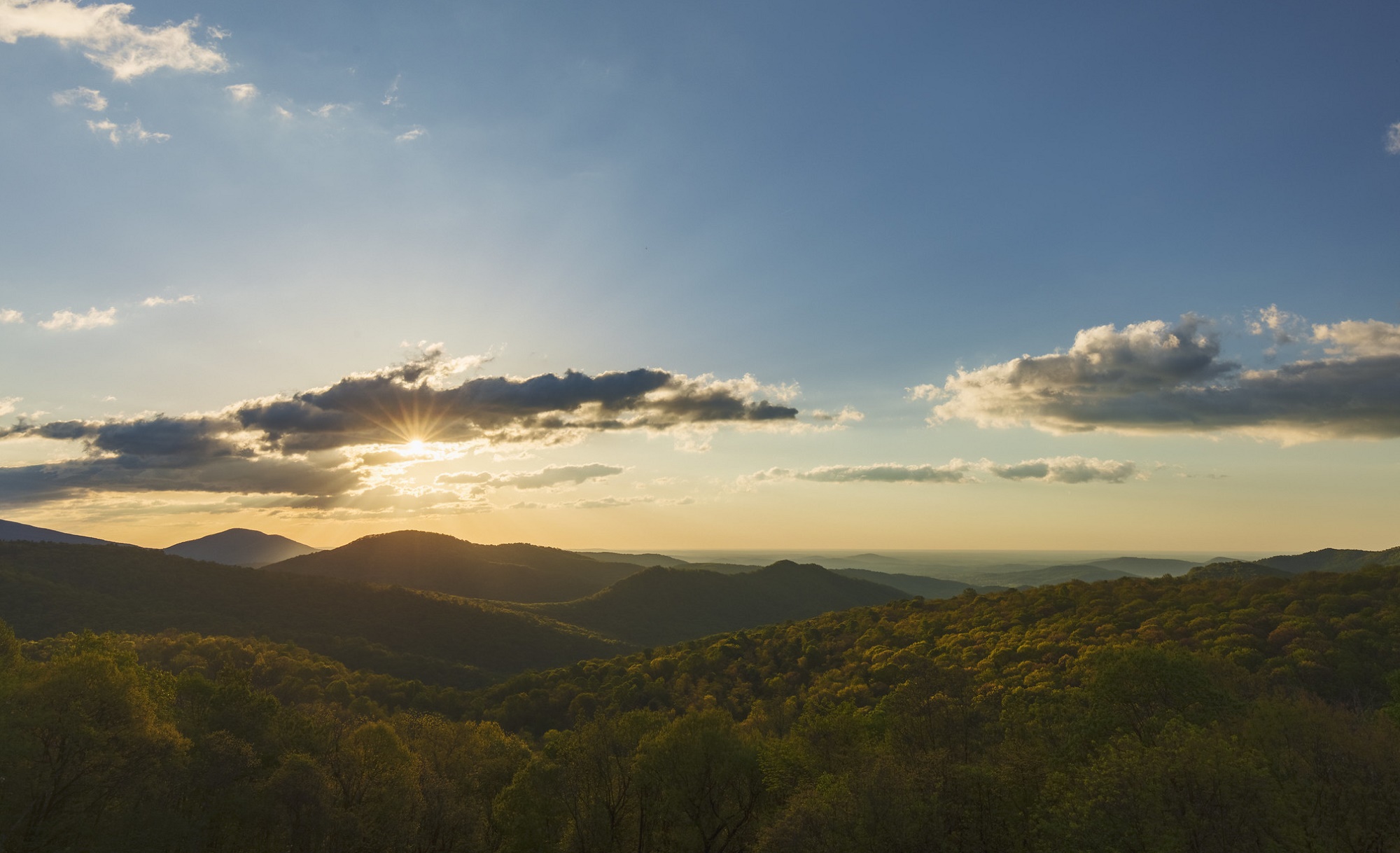- The top news this week was about Pope Francis’ Encyclical Letter on the environment. The Washington Post published an overview and analysis as well as ten key excerpts. The Carbon Brief posted a much more detailed summary of key statements on climate, energy, and the environment. An abbreviated version of the letter was released by The Vatican. Finally, George Monbiot had a very interesting opinion piece in The Guardian positing that our fight for the natural world is all about love.
- If you saw the television series Years of Living Dangerously you may remember Anna Jane Joyner and her attempts to convince her father, evangelical minister Rick Joyner, about the human roots of climate change. Rolling Stone has an interview with her discussing how to reach members of the evangelical community. She has some very interesting things to say.
- Bill McKibben has a letter to President Obama on Common Dreams telling him that he still has time to be a climate champion. It is well worth reading. (Since it was posted last Thursday it should have been listed in last week’s Weekly Roundup, but I didn’t learn of it until after that Roundup had been sent out.)
- David Gelles of The New York Times examines the divestment movement and whether it is likely to have an impact on the companies targeted or on the shift of the economy off of fossil fuels.
- Norway is operating the world’s first all-electric battery-powered ferry.
- Bella Bathurst has a very interesting piece in The Guardian about Ron Naveen, a biologist who has spent 23 seasons in Antarctica studying penguins. His findings should give us all concern.
- Those who have read Merchants of Doubt, or seen the movie of the same name, will recall Naomi Oreskes, the Harvard historian of science whose research unearthed the activities of the “merchants”. For more background information about her you might be interested in this essay.
- Governor McAuliffe is considering changes to Virginia’s fracking regulations. John Bloom, chair of public health issues for the Virginia Chapter of the Sierra Club, has reviewed the proposed revisions of the regulations and finds them wanting. His comments on the proposed changes can be read in a guest column on Ivy Main’s blog.
- The International Energy Agency (IEA) has warned that current pledges from more than 30 countries imply that global CO2 emissions will continue to rise until 2030, thereby making it very difficult to limit warming to 2C. The IEA has proposed four measures that would allow the world to meet that target.
- David Crane, CEO of NRG Energy, is not your typical head of an energy company. Rather, he wants to change the way energy companies operate, thereby revolutionizing the industry.
- As the Shell drilling rig departs Seattle for the Arctic, The Guardian has another installment in their carbon bomb series, this one about Barrow, Alaska.
- The UN has no category for climate refugees, although more and more people might fall under that category if one existed. The problem lies in establishing that climate change caused a person to become a refugee, just as it is very difficult to say that any single weather event was caused by climate change. Ana Sofia Knauf examines the concept of climate refugees using the case of a man in Seattle as an example.
- There is increasing evidence that warmer temperatures are associated with more intense rainstorms, even when the total rainfall doesn’t change. This may mean that existing drainage systems will be inadequate, leading to more localized flooding.
- Alaska’s glaciers are losing 75 billion tons of ice a year.
- Ilissa Ocko, writing on the Environmental Defense Fund blog, Climate 411, examines six climate tipping points and assesses how concerned we should be about them.
These news items have been compiled by Les Grady, member and former chair of the CAAV steering committee. He is a licensed professional engineer (retired) who taught environmental engineering at Purdue and Clemson Universities and engaged in private practice with CH2M Hill, the world’s largest environmental engineering consulting firm. Since his retirement in 2003 he has devoted much of his time to the study of climate science and the question of global warming and makes himself available to speak to groups about this subject. More here.

